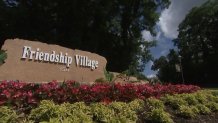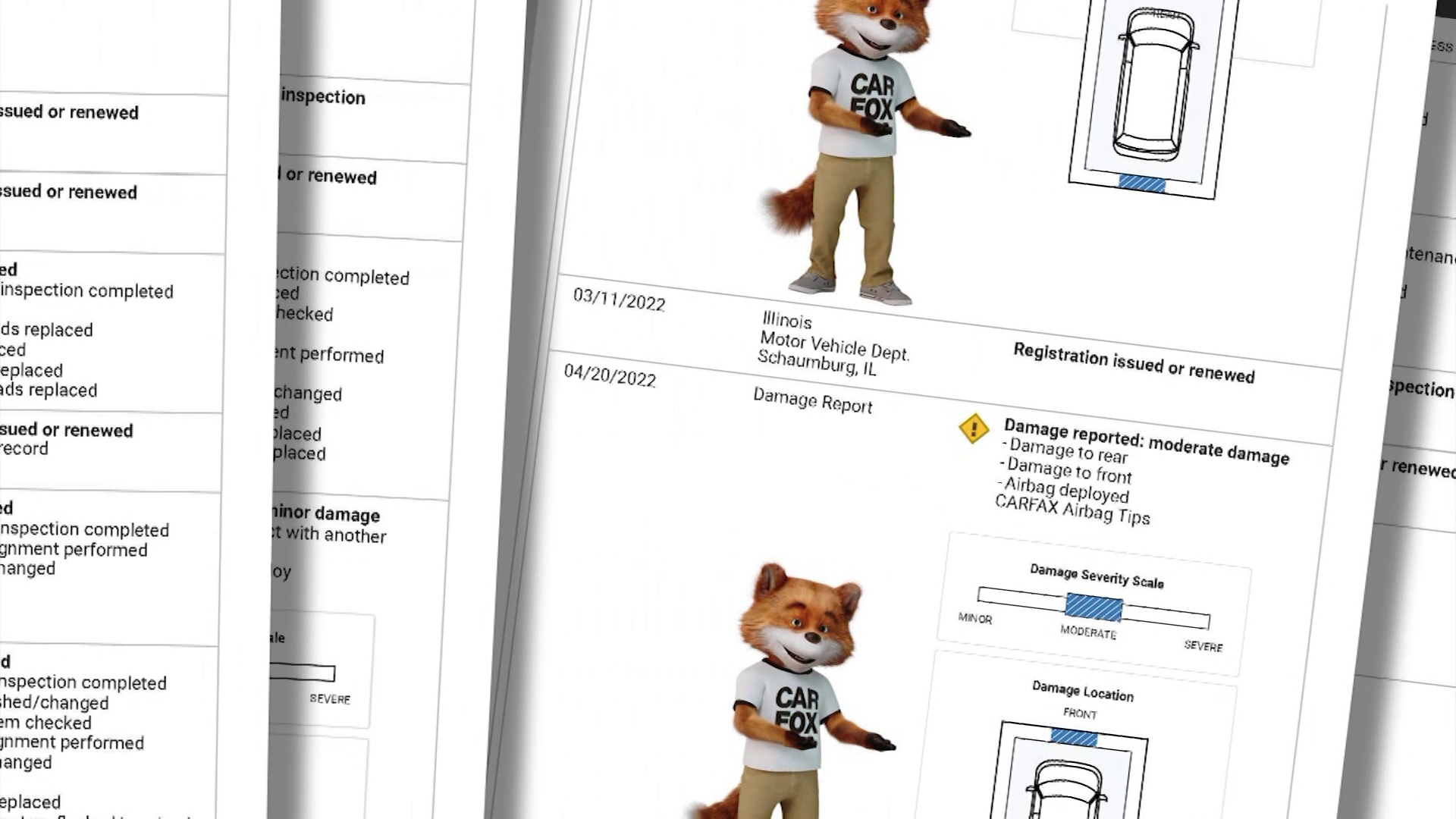More than a month after one of Illinois’ largest retirement communities filed for bankruptcy, families are coming to terms with the fear they may not receive in full a substantial contractually owed refund they were once promised.
Friendship Village of Schaumburg, the largest nonprofit retirement community in Illinois, filed for bankruptcy last month after it said it could not recover from losses brought on by the pandemic.
Among its listed debts are dozens of families who are owed entrance fee or deposit refunds, ranging from more than $100,000 to $500,000 each, according to FVS’ court filings.
Friendship Village is among the list of many retirement communities struggling to honor their refund obligations after COVID-19 disrupted a common business model that they say worked for many years, as NBC 5 Responds has previously reported.
Questions surrounding that business model have led an Illinois lawmaker to propose a law that would mandate a system for communities to follow when paying out these kinds of refunds, in an effort to bring transparency and timeliness to the process.
Families like the Fultons out of Carpentersville feel new rules are necessary, given what’s playing out with Friendship Village.
“This is a bad situation,” said Tim Fulton, whose mother Jean was a former resident of Friendship Village. “There's got to be some laws to protect us from stuff like this.”
When it came time for Fulton’s mother to move into a continuing care retirement community in 2015, Tim and his brothers chose what they saw as the best option: Friendship Village of Schaumburg.

“Friendship Village was the best one that was offering continuous care for her,” Fulton said, adding that “the apartment was really nice,” with a great view, amenities, and staff that cared for his mother during the five years she lived there.
Feeling out of the loop? We'll catch you up on the Chicago news you need to know. Sign up for the weekly Chicago Catch-Up newsletter.
Fulton said moving into Friendship Village came with another benefit and promise: The contract stated once their mother moved out or passed away, the family would receive a 90% refund of their original deposit or entrance fee.
That amounted to nearly $145,000 for the Fultons, and the Village said that refund would be issued “only when a replacement resident has occupied the residence.”
The sales staff were adamant, the Fultons said, that it wouldn’t take long.
“They kept telling us that you'd get all your deposit back within 18 months,” Fulton said.
Retirement communities like Friendship Village say this system has been in place for decades and it is like an insurance policy, in that it not only benefits the resident who pays the deposit but also everyone else living in the community.
If a resident’s money runs out while they are still in the community’s care, entrance fee deposits are used to cover their costs until they pass.
But these communities say that all changed after the pandemic, when the numbers of new residents moving in, and current residents moving out, completely see-sawed.
Once COVID-19 took hold, Fulton and his brothers decided to move their mother back home, given uncertainties surrounding the pandemic and to have her closer to family in her final days.
The family officially exited and handed over the keys to their Friendship Village apartment on July 20, 2020.
Nearly three years to the day, no one has moved in, meaning the family still hasn’t received that contractually owed refund.
And now, they fear they never will.
“[Friendship Village] filed for bankruptcy and I don’t know when we’ll ever see the money back again, to be honest with you,” Fulton said.
The Fulton family is among 87 creditors listed in Friendship Village’s bankruptcy filings who will be collectively owed more than $15 million, once their vacant units are occupied, a spokesperson for Friendship Village confirmed.
Another 29 families are already waiting for their refunds, totaling more than $5 million.
Friendship Village President and CEO Michael Flynn said through a spokesperson that the nonprofit filed for bankruptcy as it searches for a new buyer, and that these refunds “are at the forefront of our discussions with our stakeholders as we seek to achieve a more financially sound future.”
On top of the entrance fee refund amounts, court filings state Friendship Village has $130 million in secured debt, or debts that will have to be settled before any unsecured debt, like entrance fee refunds, can be distributed.
That’s an important point, said Northwestern School of Law Professor Bruce Markell, who is also a former bankruptcy court judge.
Markell reviewed some of Friendship Village’s court filings for NBC Chicago and said that what’s happening with the nonprofit is not an isolated case, and these families’ fears of not receiving their refunds in full are valid.
“There are many retirement homes, nursing homes that are facing bankruptcy because of the last couple of years,” Markell said, adding that, “If the [retirement community’s] assets are worth less than what the secured debt is, unsecured creditors, like holders of refund claims, get zero.”
For families that are owed refunds by Friendship Village, or any entity that has filed for bankruptcy, Markell said creditors need to file a claim with the court.
To learn more about that process, and to follow the bankruptcy proceedings for Friendship Village, click here.
A spokesperson for Friendship Village said it’s unclear what will happen with these refund claims but that the “courts are well-aware that the entrance fees likely represent a significant savings by individuals and will find a way to get them paid.”
“There are a dozen other communities across the nation that have been in Friendship Village’s situation and the residents receive their refunds according to the settlement agreement reached through the courts,” a spokesperson for Friendship Village said.
Despite the nonprofit’s COVID-19 financial challenges, Friendship Village’s 990 tax filings show during the first year of the pandemic, its former CEO received a 17% salary increase.
Former CEO and President Stephen Yenchek’s salary increased from more than $346,000 in 2020, to more than $405,000 when he stepped down in July 2021.
Flynn, who took over for Yenchek, said this “salary increase included a bonus if [Yenchek] stayed to retirement age,” and that during the pandemic, the nonprofit cut costs in a number of ways, including reducing the number of direct care staff to match its resident population, and reducing the number of corporate staff positions.
Flynn’s salary decreased from 2020 to 2021, the tax filings show.
Markell said the issue of retirement communities owing entrance fee refunds that they do not have is not new to bankruptcy court, based in part on how the entrance fee model works when deposits are paid upfront.
“If you get the money up front, and you hit a problem along the way, like COVID hit many retirement communities, it becomes a problem in terms of that money is typically not held or put into a trust, to be held and paid out only for the care,” Markell said.
Friendship Village told NBC 5 that starting in April, it will set aside new entrance fee deposits into an escrow account, “for residents who still want to share their health care risk with the community via an entrance fee but did not want to get caught in the Covid-induced wait for their refund.”
This escrow account program will only be in place during the length of the bankruptcy proceedings, a spokesperson said.
The Fultons wish a system like that would have been in place for their deposit.
Tim Fulton’s mother Jean has since passed away, and he says the family now only has one account left open and unresolved in her estate: Their refund from Friendship Village.
“It’s terrible,” Fulton said. “You have no closure from your loved one’s passing.”



